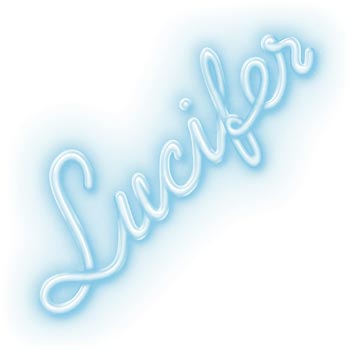
Lucifer
Mexican Summer
Peaking Lights’ very popular sophomore release, 936, received a large amount of acclaim two years ago. The laid-back, dub-influenced style of their third full-length, Lucifer, has an overwhelming reggae influence that is not exactly an expected progression, but provides a rather smooth transition nonetheless. One notable distinction between the two is the lack of an obvious “single” on Lucifer. It works together nicely as an album, but I had trouble picking out one song in particular that I wanted to listen to constantly.
SEE FULL REVIEW OF PEAKING LIGHTS – LUCIFER
Compared to Peaking Lights’ last album, 936, Lucifer is much more like a fun-loving, peaceful tribute to a new life, despite the dark aspects of naming an album after the devil.
This was untrue of 936. “All the Sun that Shines” is still in constant rotation for me. There was something immediately intoxicating about 936, and all of its songs, in fact, and that aspect is here in Lucifer, but much more complex. With Lucifer, it’s much easier to space out a bit, and to let your mind wander with the music without actually focusing on it. “Lo-HI” takes you to another dub dimension; the song might as well put a spliff in your hand. And then, there are the very sparse moments (especially the opening track “Moonrise”), and some repetitive moments, but the listener’s interest is maintained through the soft, lo-fi melodic vocals of Indra Dunis, one half of the Peaking Lights husband-wife duo.
ALBUM REVIEW CONTINUED BELOW
Peaking Lights – “All The Sun That Shines” from
The very positive and contented nature of this album is emphasized by the focus on love, especially on “Beautiful Son,” which one can accurately assume is about the birth of the son in the past year. “Live Love” is reminiscent of a child’s lullaby, albeit one with a Caribbean vibe. It has a rather simplistic melody combined with more sing-song vocals. Dunis truly sounds like a mom, singing to her child. Everything sounds happier and vibrant, especially on “Midnight (In the Valley of Shadows)” and “Dreamboat”.
Lucifer doesn’t feel like a hipster-catering, electronically-altered music, or even a passing trend of an album. It feels like a fun-loving, peaceful tribute to a new life, evendespite the dark aspects of naming an album after the devil. Lucifer sounds more grown up than the previous two Peaking Lights albums; it’s more internally focused, and much less scene-driven.
Ω






